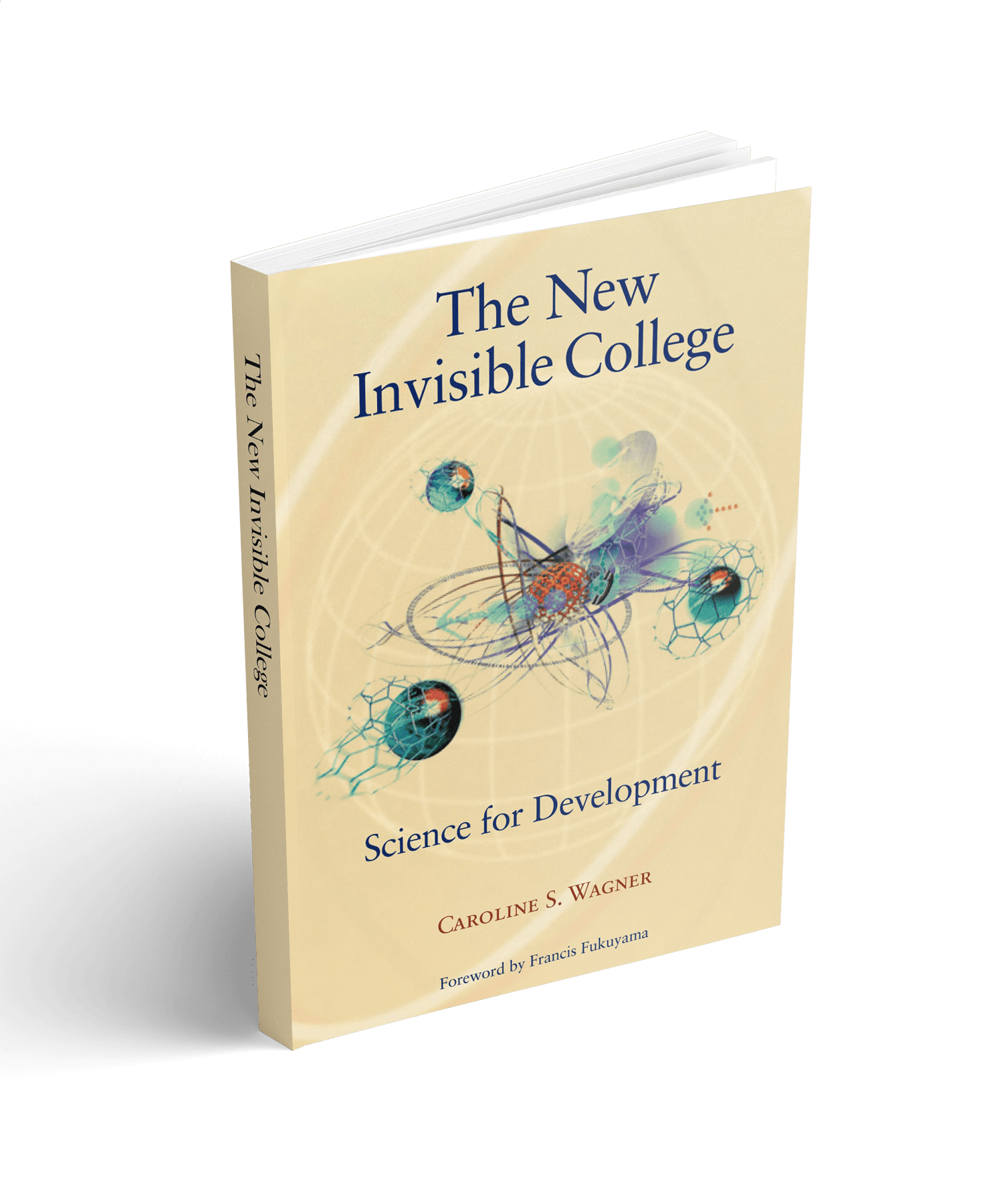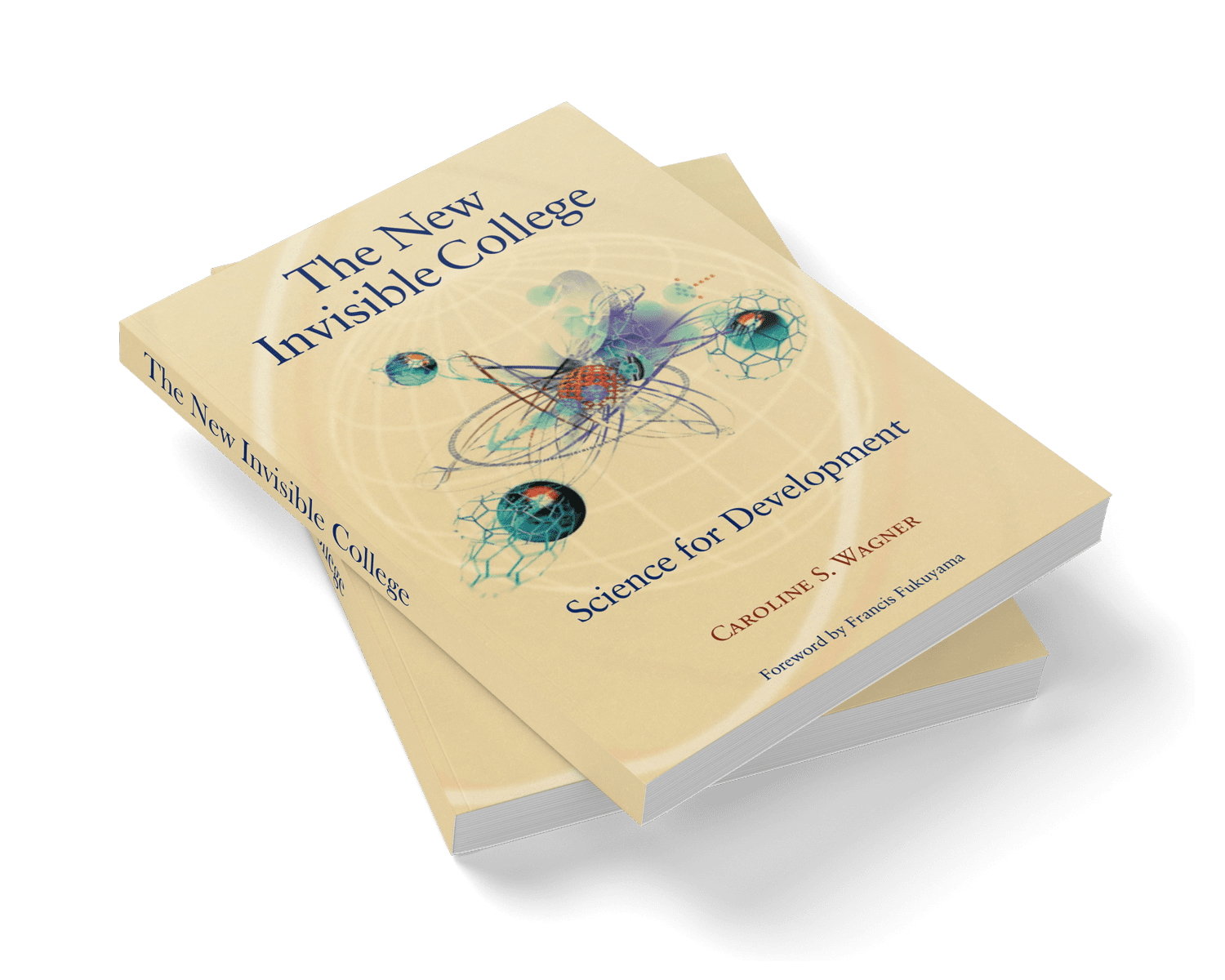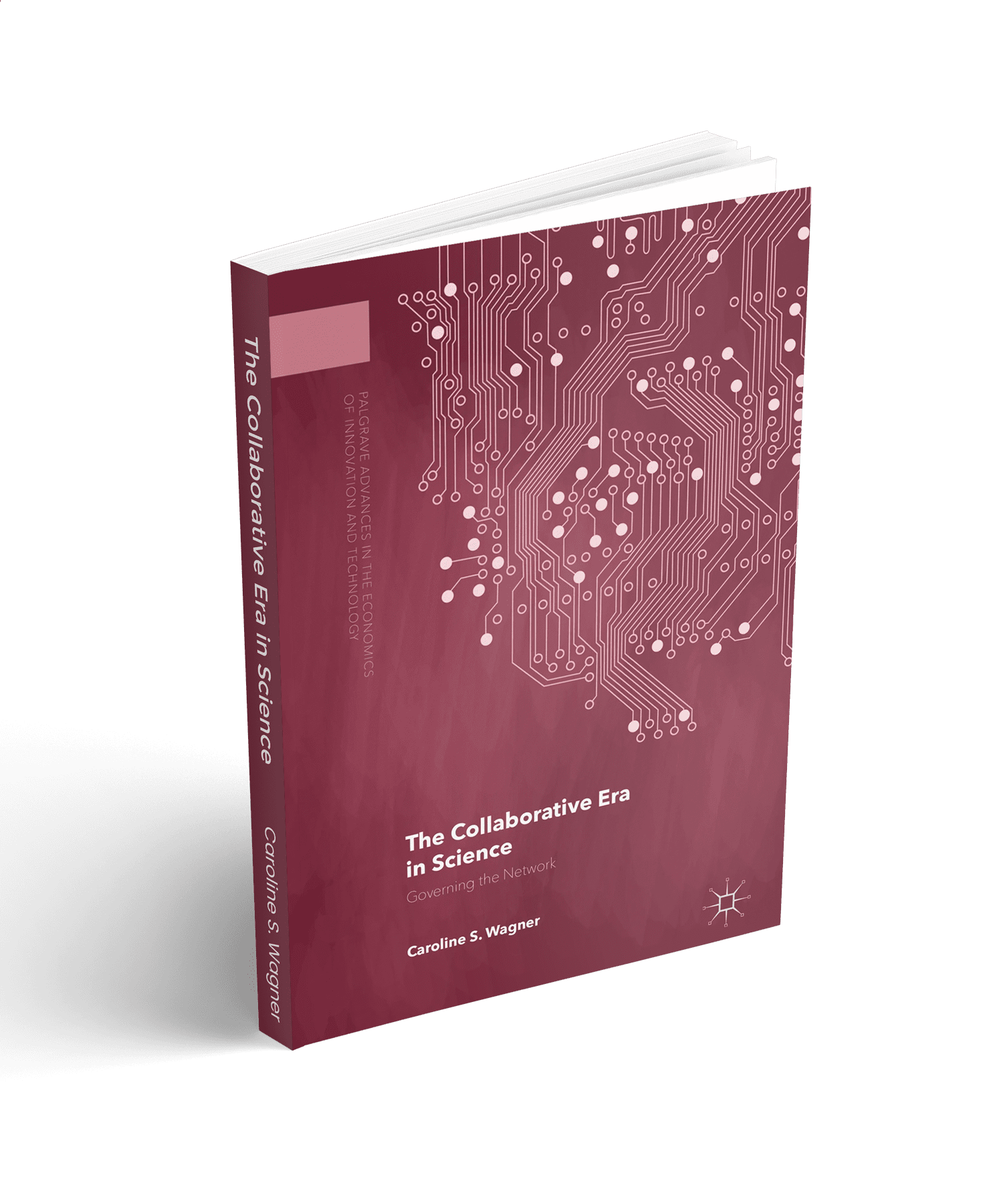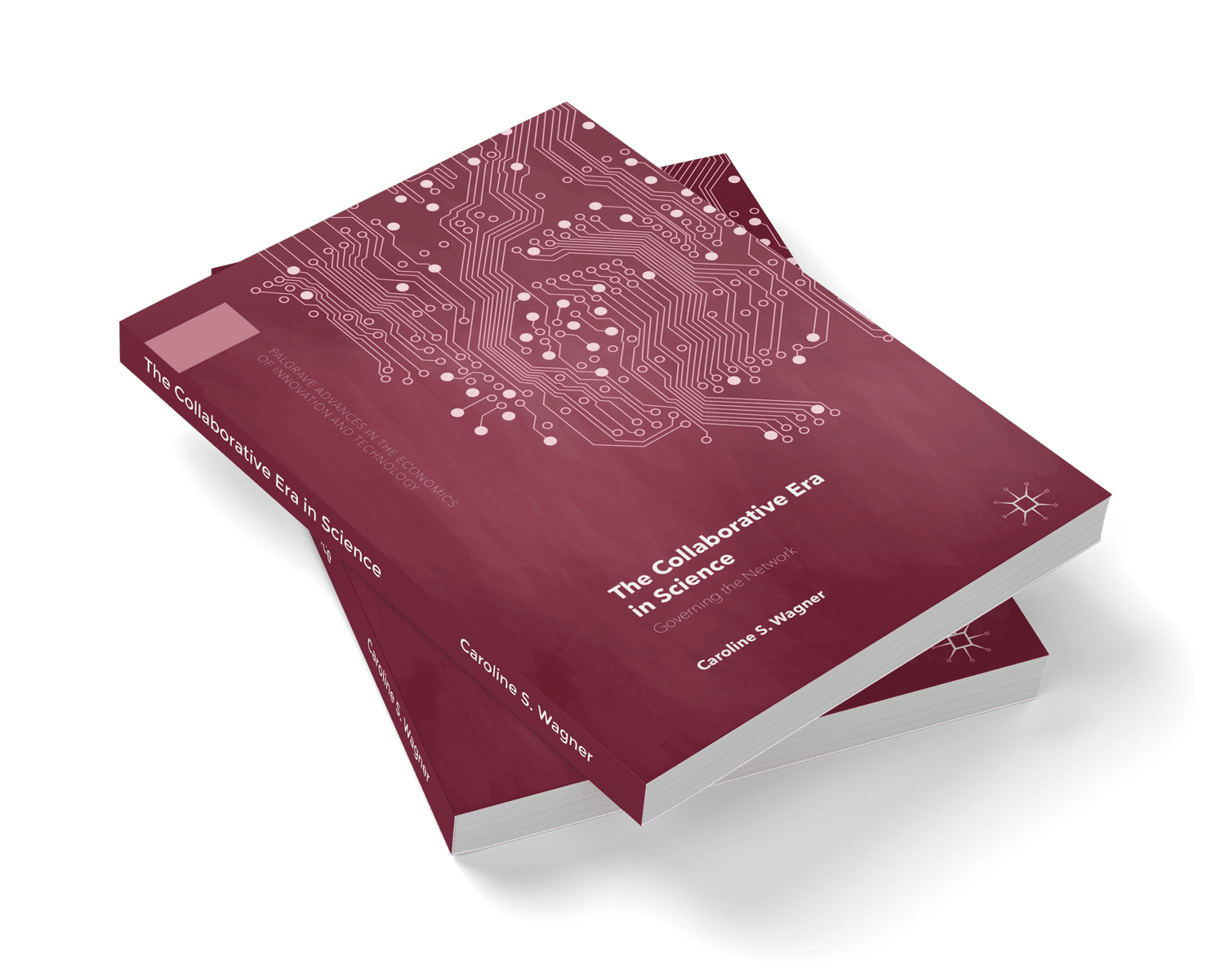Caroline S. Wagner
Professor & Writer

Biography | Caroline S. Wagner
Caroline S. Wagner is a Professor at the John Glenn School of Public Affairs, The Ohio State University. Between 2011 and 2021, she was the inaugural holder of the Milton & Roslyn Wolf Chair in International Affairs. She is an affiliate of Battelle Center for Science in the Public Interest, and the East Asian Studies Center. Dr. Wagner earned a doctorate from the University of Amsterdam School of Communications Studies (ASCoR) in Science and Technology Dynamics, Netherlands under the guidance of Prof. dr. Loet Leydesdorff; a Master of Arts degree in Science, Technology and Public Policy from George Washington University, Elliott School of International Affairs, Washington D.C.; and a Bachelor of Arts degree from Trinity College, Washington, D.C.
Dr. Wagner’s academic career includes 14 years at Ohio State University and one year at Pennsylvania State University. Dr. Wagner is the author of two books on governance of science and technology, an author or coauthor of more than 60 academic articles and book chapters, and more than 25 books and/or monographs. She delivered more than 10 conference keynotes, including for the United Nations; and she served on the UN (United Nations) Millennium Development Goals task force on Science and Technology Policy.
Dr. Wagner is an elected Distinguished Fellow of the American Association for the Advancement of Science (AAAS), an elected member of the Council on Foreign Relations, the founding editor of Research Policy and Strategic Management, published by Frontiers, an open access platform, and past editor of the policy journal, Science and Public Policy published by Oxford University Press. She currently chairs the Advisory Committee to the Office of International Science & Engineering, National Science Foundation. Her work has been featured in The Economist, Nature Magazine, Times Higher Education, South China Morning Post, Chronicle of Higher Education, and other media outlets.
The New Invisible College
Science for Development
The twentieth century was the era of “big science.” Driven by strategic rivalries and fierce economic competition, wealthy governments invested heavily in national science establishments. Direct funding for institutions like the National Science Foundation and high-visibility projects, such as the race to the moon, fueled innovation, growth, and national prestige. But the big science model left poorer countries out in the cold. Today the organization of science is undergoing a fundamental transformation. In T he New Invisible College, Caroline Wagner combines quantitative data and extensive interviews to map the emergence of global science networks and trace the dynamics driving their growth. She argues that the shift from big science to global networks creates unprecedented opportunities for developing countries to tap science’s potential… Continue reading


The Collaborative Era in Science
Governing the Network
In recent years a global network of science has emerged as a result of thousands of individual scientists seeking to collaborate with colleagues around the world, creating a network which rises above national systems. The globalization of science is part of the underlying shift in knowledge creation generally: the collaborative era in science. Over the past decade, the growth in the amount of knowledge and the speed at which it is available has created a fundamental shift—where data, information, and knowledge were once scarce resources, they are now abundantly available. Collaboration, openness, customer- or problem-focused research and development, altruism, and reciprocity are notable features of abundance, and they create challenges that economists have not yet studied… Continue reading

